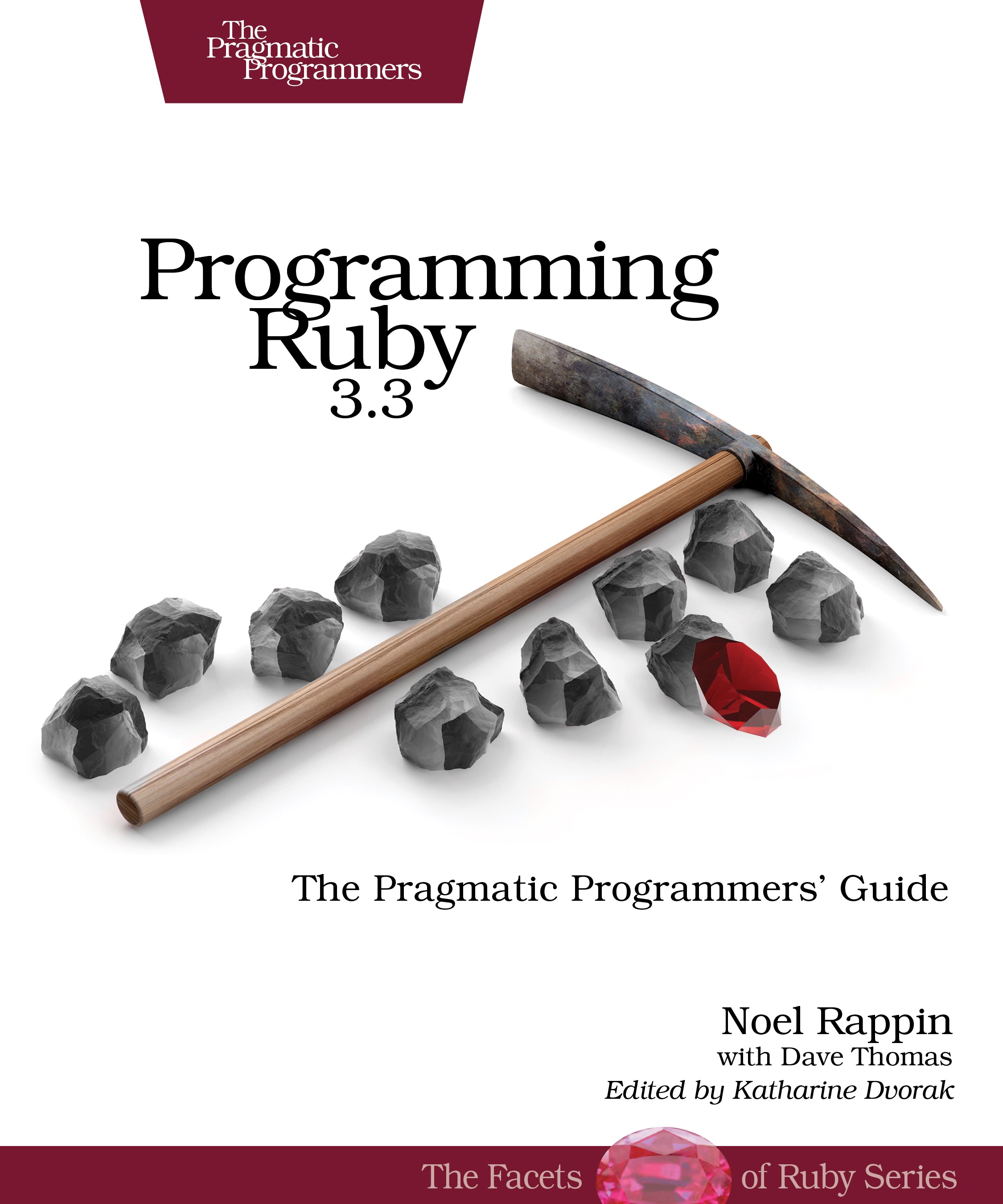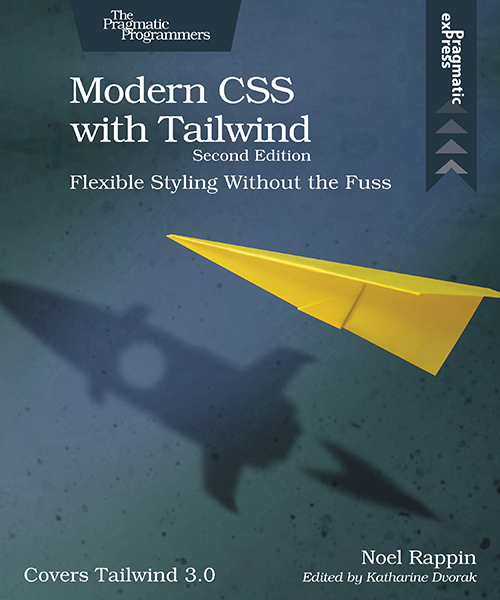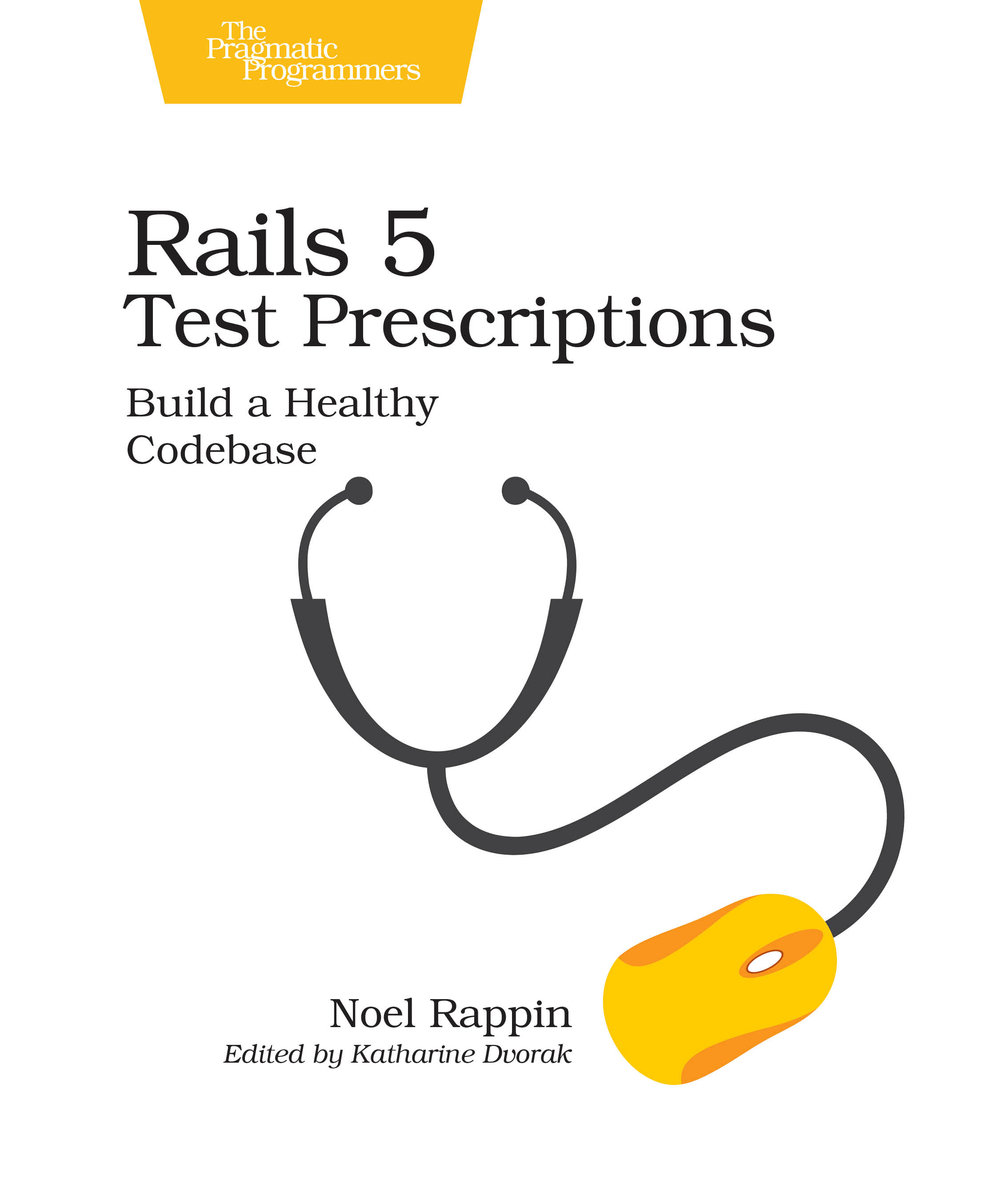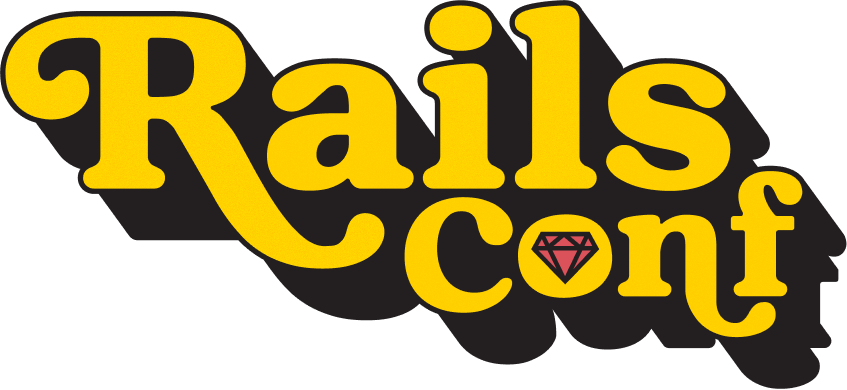Most Recent Books

Programming Ruby 3.3
The Pragmatic Programmers' Guide
Ruby is one of the most important programming languages in use for web development. It powers the Rails framework, which is the backing of some of the most important sites on the web. The Pickaxe Book, named for the tool on the cover, is the definitive reference on Ruby, a highly-regarded, fully object-oriented programming language. This updated edition is a comprehensive reference on the language itself, with a tutorial on the most important features of Ruby—including pattern matching and Ractors—and describes the language through Ruby 3.3.

Modern Front-End Development for Rails, Second Edition
Hotwire, Stimulus, Turbo, and React
Improve the user experience for your Rails app with rich, engaging client-side interactions. Learn to use the Rails 7 tools and simplify the complex JavaScript ecosystem. It’s easier than ever to build user interactions with Hotwire, Turbo, and Stimulus. You can add great front-end flair without much extra complication. Use React to build a more complex set of client-side features. Structure your code for different levels of client-side needs with these powerful options. Add to your toolkit today!

Modern CSS with Tailwind, Second Edition
Flexible Styling without the Fuss
Tailwind CSS is an exciting new CSS framework that allows you to design your site by composing simple utility classes to create complex effects. With Tailwind, you can style your text, move your items on the page, design complex page layouts, and adapt your design for devices from a phone to a wide-screen monitor. This new edition of the book covers Tailwind 3.0, which changes the way Tailwind generates its CSS and has a large number of new features powered by the new system.

Rails 5 Test Prescriptions
Build a Healthy Codebase
Does your Rails code suffer from bloat, brittleness, or inaccuracy? Cure these problems with the regular application of test-driven development. You’ll use Rails 5.1, Minitest 5, and RSpec 3.7, as well as popular testing libraries such as factory_bot and Cucumber. Updates include Rails 5.1 system tests and Webpack integration. Do what the doctor ordered to make your applications feel all better. Side effects may include better code, fewer bugs, and happier developers.


